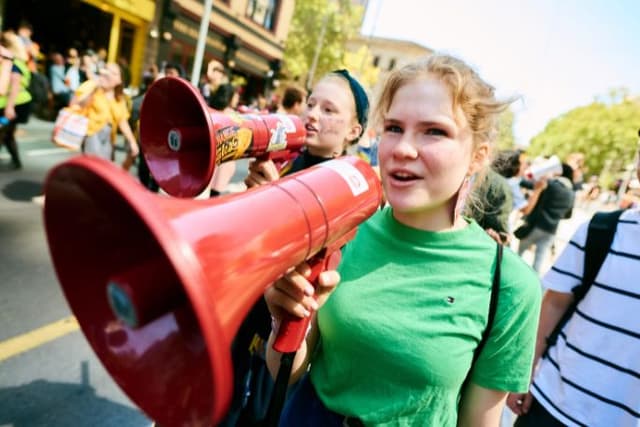
Wild Things - Watching the Film
Lesson1 of 4 in this unit
SecondaryYear 8 - 10EnglishLearning through filmHumanities and Social SciencesGeographyEnvironmentalConservationSocialSocial Action
Summary
Lesson guides and printables
Lesson Plan

Student Worksheet

Teacher Content Info
